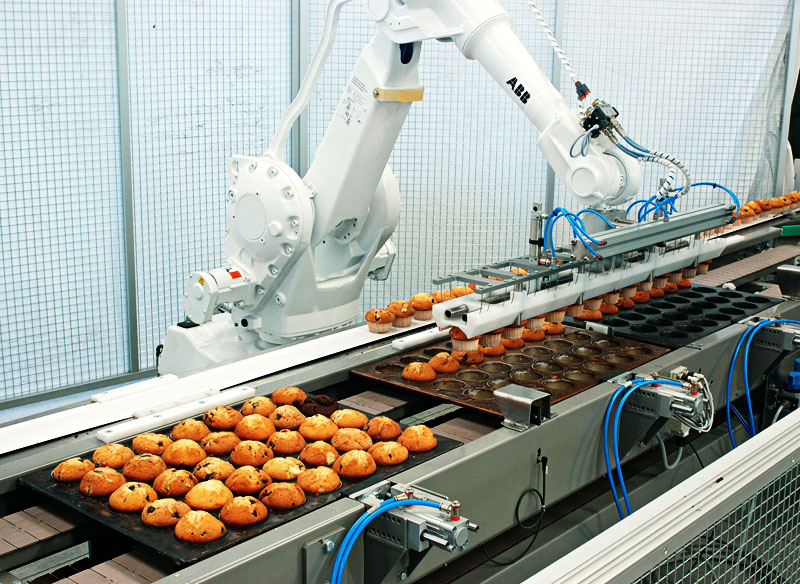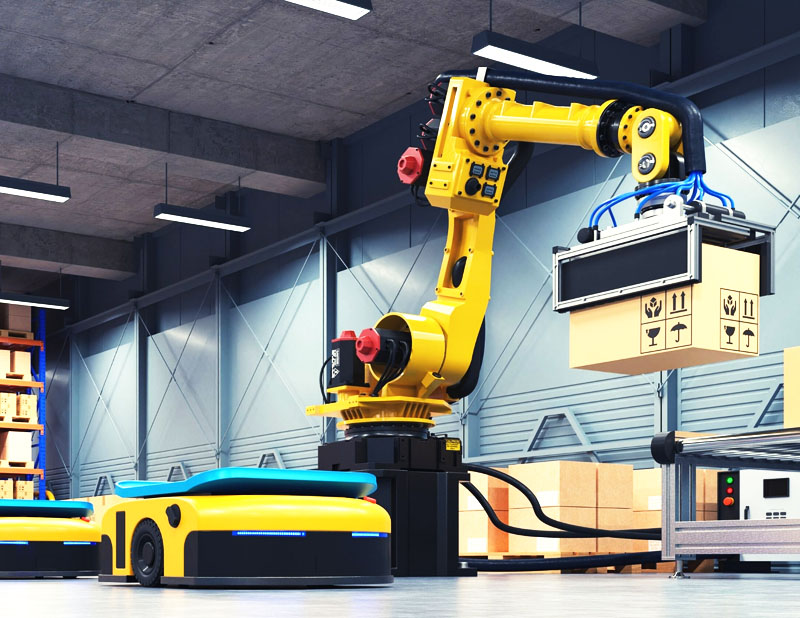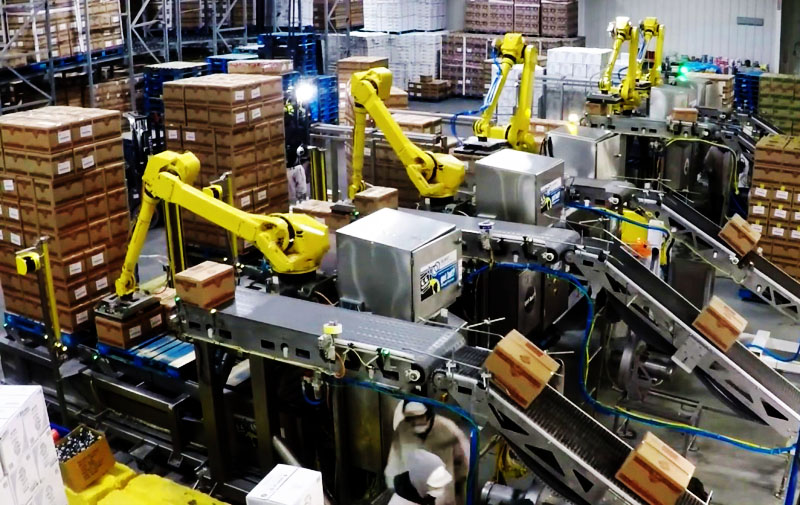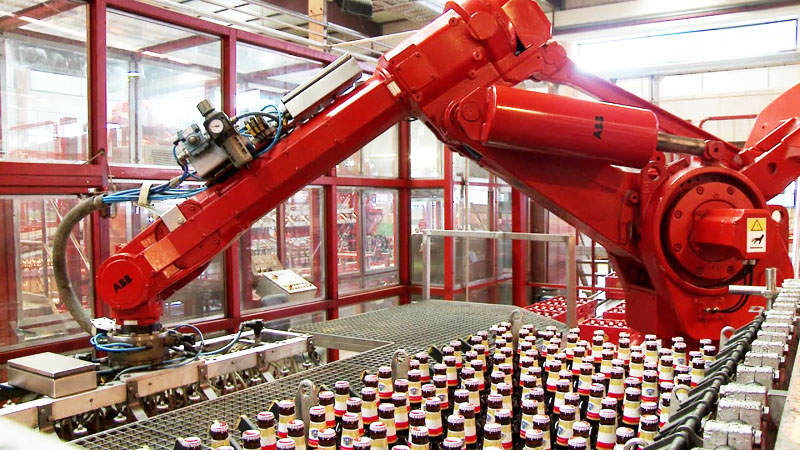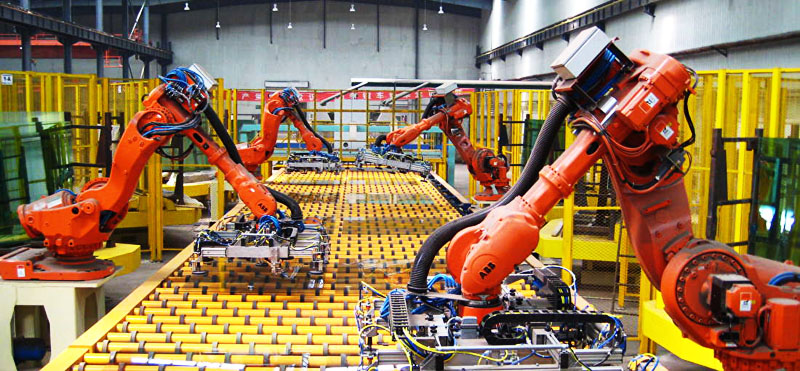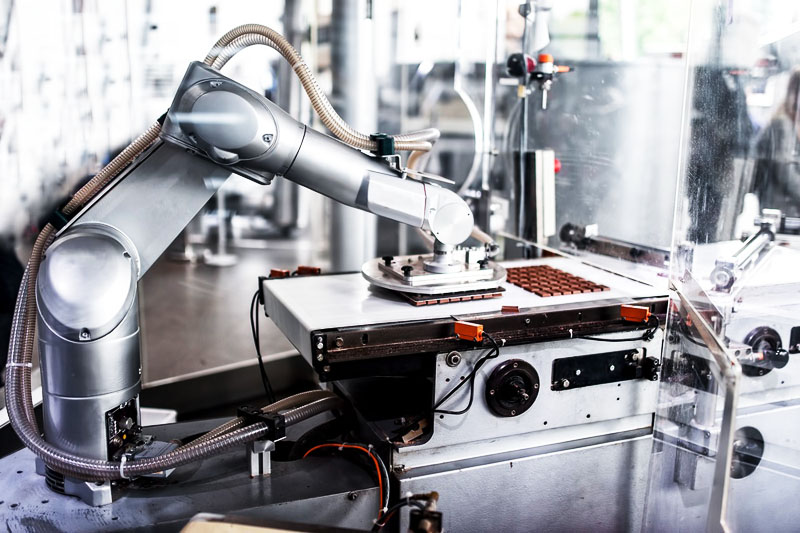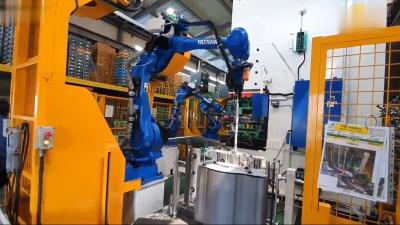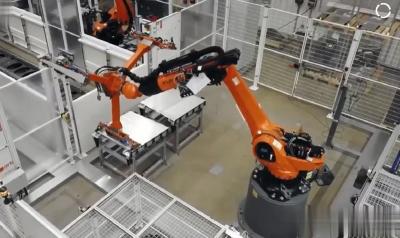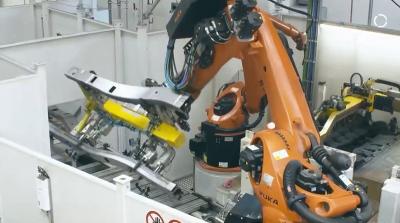Industrial Robotics Fundamentals
Industrial Robotics Fundamentals
The advantages of Industrial Robotics Fundamentals lie in its comprehensive coverage of the fundamental principles and concepts of industrial robotics. It provides a strong foundation for understanding and operating industrial robots. By studying these fundamentals, individuals gain insights into robot programming, kinematics, sensors, and control systems. This knowledge allows them to effectively troubleshoot and optimize robot performance. Additionally, Industrial Robotics Fundamentals enables individuals to keep up with the rapidly evolving robotics industry and adapt to new technologies and applications. It equips them with the skills and expertise to design, implement, and maintain robotic systems, opening up career opportunities in various industries. Overall, Industrial Robotics Fundamentals provides a solid platform for success in the field of industrial robotics.
Industrial Robotics Fundamentals
Industrial Robotics Fundamentals play a crucial role in operating advanced robotic systems like Kuka Kr 180 r3200 Pa, Tal Brabo Robot, and Yaskawa Painting Robot. With a strong understanding of the fundamentals, operators can effectively program, calibrate, and maintain these robotic systems. The Kuka Kr 180 r3200 Pa offers high payload capacity and precision, making it suitable for heavy-duty industrial applications. The Tal Brabo Robot focuses on small-scale automation solutions, delivering efficiency and flexibility. The Yaskawa Painting Robot specializes in precise and smooth painting processes. By grasping the Industrial Robotics Fundamentals, operators can confidently utilize these robots, maximizing productivity and accuracy in various manufacturing tasks.


